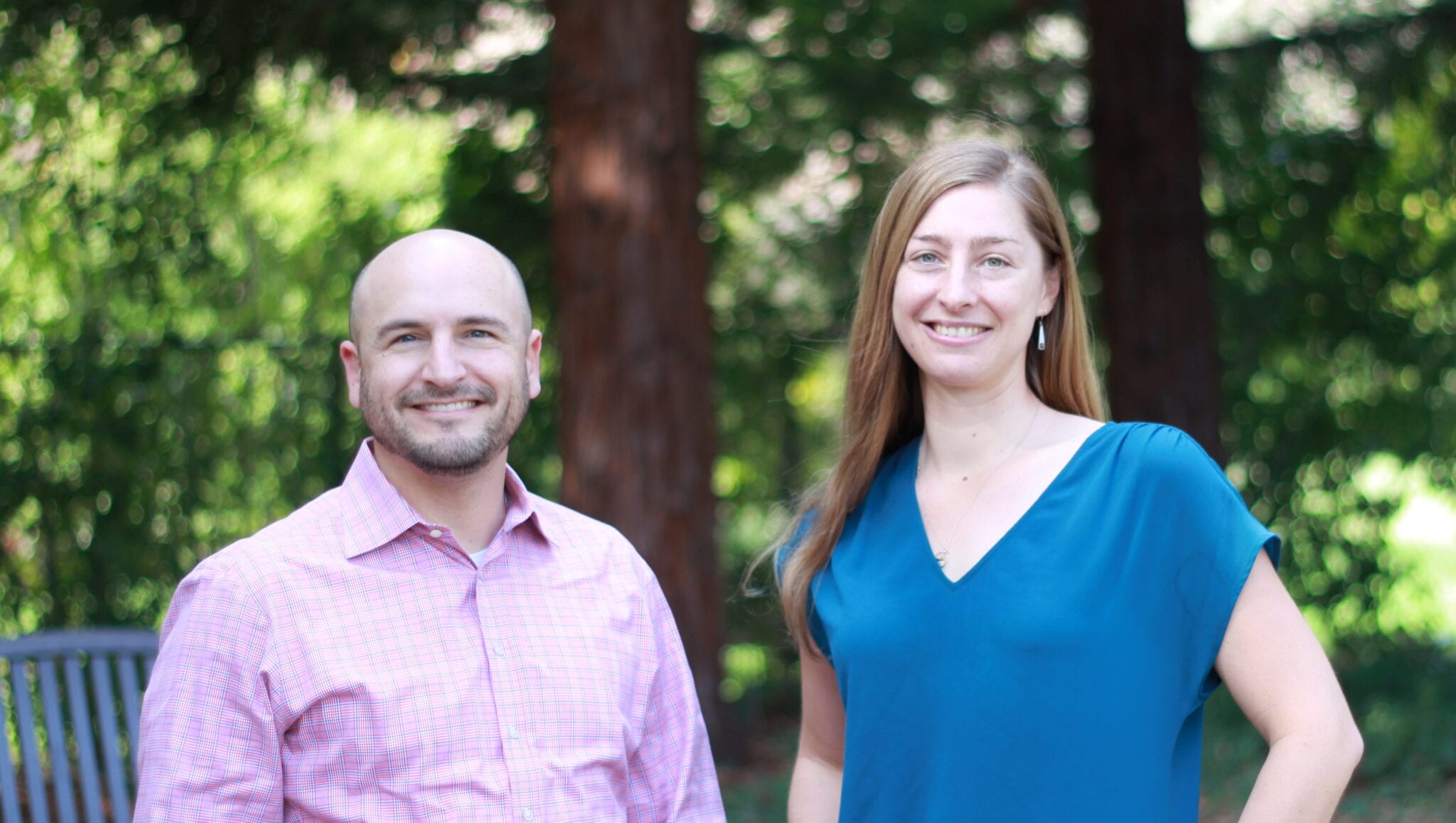
On the hunt for a better antibody, BigHat Biosciences debuts with $19M Series A to scale its 'wet lab' AI platform
Next-gen antibodies have become somewhat of a Holy Grail in the drug development world, but the process of actually creating those antibodies has proven to be difficult and time consuming. A brand-new California outfit is looking to solve that time crunch by bringing AI and machine learning into the lab.
BigHat Biosciences debuted Wednesday with a $19 million Series A round to help scale up its “wet lab” AI and machine learning platform to speed development of next-gen antibodies.
Unlock this article instantly by becoming a free subscriber.
You’ll get access to free articles each month, plus you can customize what newsletters get delivered to your inbox each week, including breaking news.